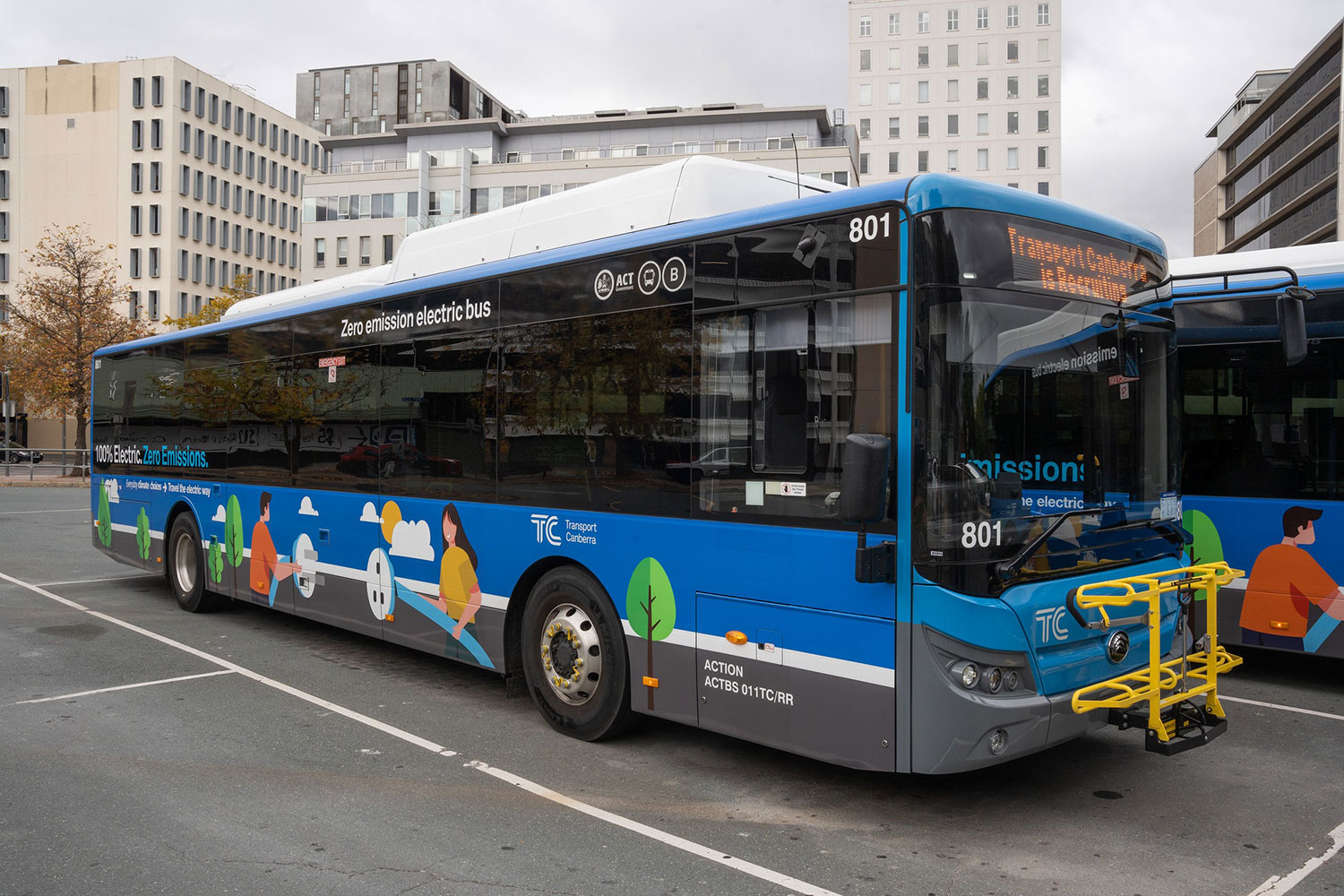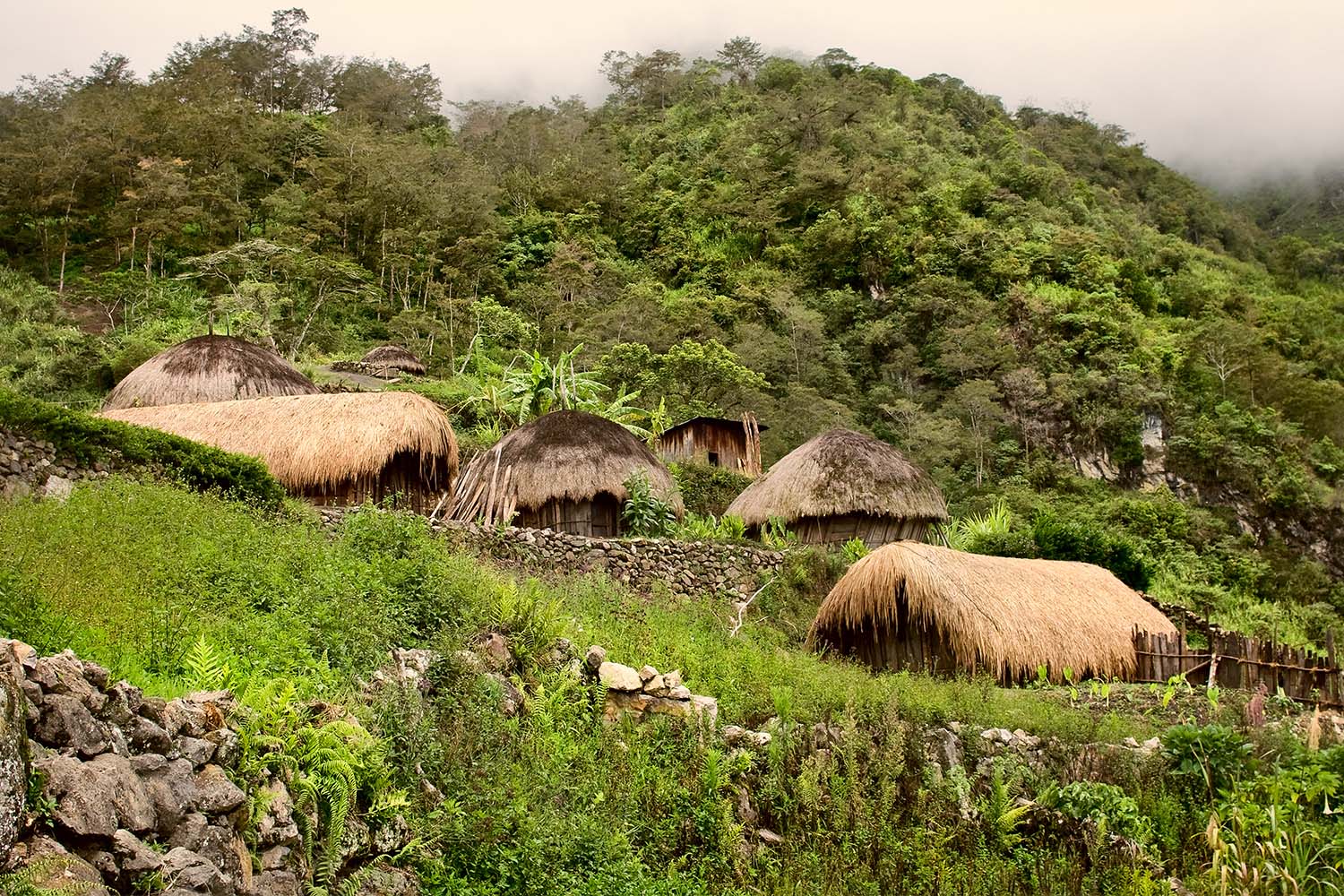Australia-Indonesia Koneski Knowledge Platform Project 2024–25
The digital twinning of bus depot infrastructure using Australian software will make it easier for Indonesian transport planners to support the introduction of electric buses by creating a framework that will allow the step change of increasing electrification of buses while also being cost-effective and scalable.
Electrifying public transport will generate greater demand for Indonesian domestically produced batteries which could have both Australian lithium and Indonesian nickel ingredients. The decarbonisation of the transport sector must start if Indonesia is to achieve its climate targets by drawing on international lessons including from Australia and from a systematic analysis of energy sources for the busdepot. The study will analyse a major bus terminal building’s energy efficiency and thermal comfort. In addition, the study will measure (with the aim of reducing) several dangerous pollutants including particulate matters, carbons and nitrates. A major aspect of the project will be to evaluate how electric buses could affect different groups of people based on gender equality, disability, and social inclusion (GEDSI) criteria. This evaluation will help in developing and executing sustainable public transportation to support wider energy and transport equity objectives.










